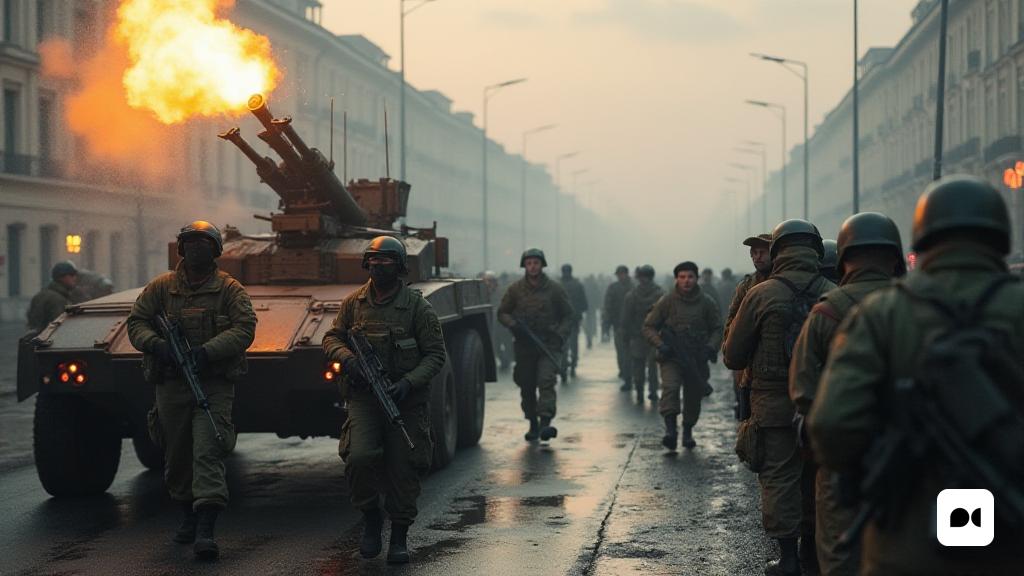The impact of the Ukraine War on military policies
The invasion of Ukraine by Russia in February 2022 has triggered a significant change in defense policies in Europe. Many countries have decided to increase their investments in defense, with the aim of deterring any new Russian aggression in the region. This reaction has been translated into a cry to increase military budgets, with 2% of GDP as a new rule accepted at the NATO summit in Madrid.
Military funding demands
The pressure exerted by political figures such as Donald Trump has led some European leaders to propose even a 3% increase in GDP in military spending. Highlights such as Andrius Kubilius and Kaja Kallas have argued that military security is a priority, even above other sectors such as health.
Proposals of the European Commission
Ursula von der Leyen, President of the European Commission, has launched an audacious proposal: to mobilize 800 billion euros in four years for the rearmament. This initiative includes an immediate injection of 150 billion euros and the exclusion of the expenses of armament of the public debt limits.
The evolution of the Spanish military budget
Spain has not been left behind in this trend. The budget of the Ministry of Defense has undergone constant growth, with a projection that aims to achieve 2% of GDP in military spending by 2025. Recently, the Government has announced a significant increase in the budget that will bring this figure to 33,123 million euros.
A wider view of military expenses
However, experts such as those at the center deliver that military expenses extend beyond the Ministry of Defense, including pensions and other associated costs, raising total expenditure to 41,462 million euros, equivalent to 2.52% of GDP.
Criticism of the rearmament plan
The Spanish rearmament plan is criticized. Many experts question the claims that increasing military spending will contribute to technological advancement and job creation. Analyzes point out that investing in weapons can be a loss of opportunity for more productive sectors in the economy.
The hidden costs of armament
Research has shown that the production of weapons generates less jobs compared to other sectors. For every $ million for weapons, significantly less occupations are generated than if these resources go to education or health.
A call to peace
Instead of intensifying armament, the United Nations recommend looking for solutions through cooperation and disarmament. Creating conditions for peaceful coexistence is essential to avoid future tensions and conflicts.




